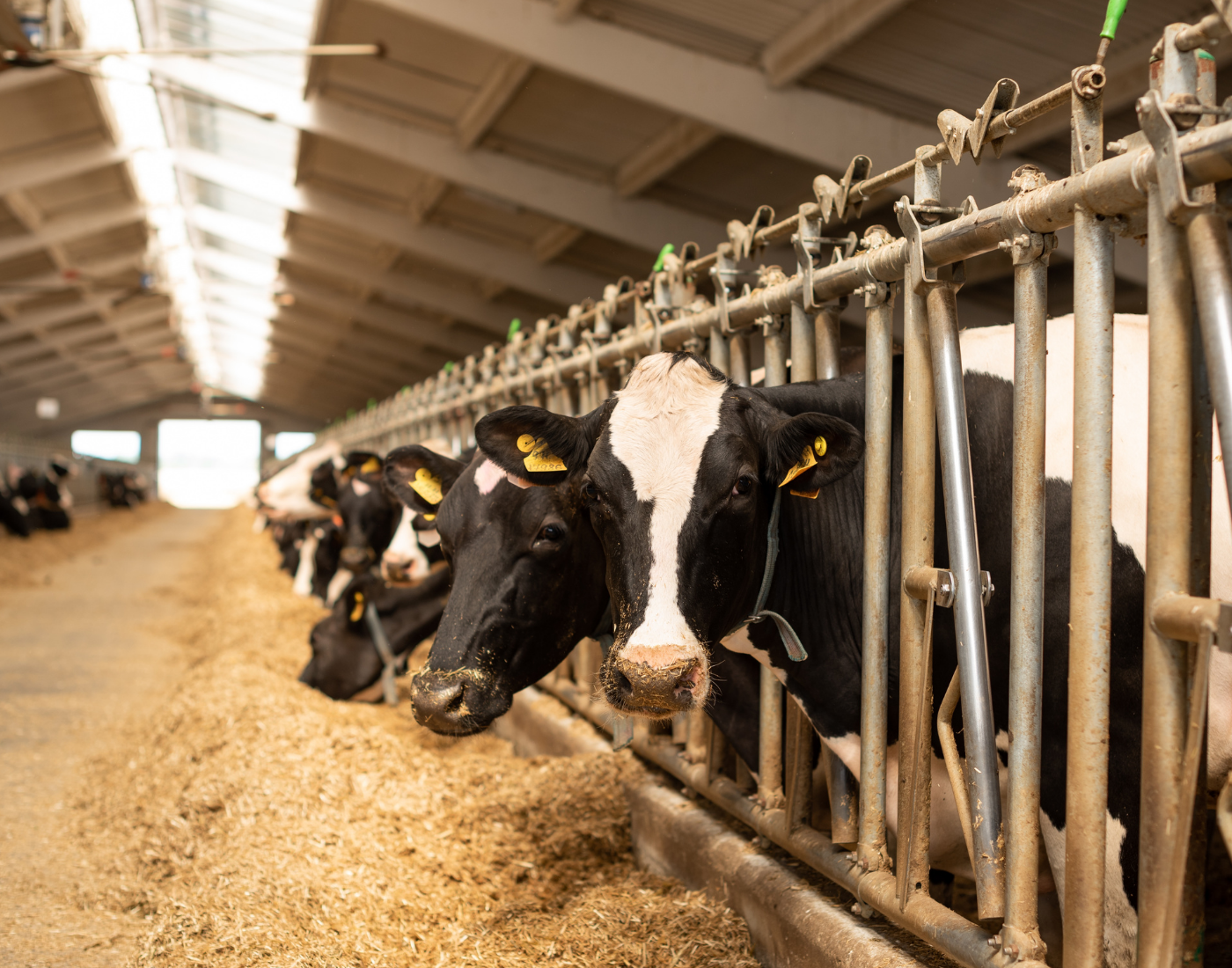Food Standards Scotland works closely with UK regulators (Scottish Government, Local Authorities, Animal Plant Health Agency, Veterinary Medicine Directorate, Department Environment and Rural Affairs) to make sure that feed produced, distributed and sold is safe and meets legislative requirements.
Following the end of the transition period, animal feed placed on the market in GB should comply with the following assimilated EU legislation:
- 178/2002 on the principles of food and feed law
- 183/2005 laying down requirements for feed hygiene
- 767/2009 on the placing on the market and use of feed
- 2017/1017 amending Regulation (EU) 68/2013 on the catalogue of feed
- 1831/2003 on additives for use in animal nutrition
- 1829/2003 on genetically modified food and feeds
- 2020/354 establishing a list of intended uses of feed intended for particular nutritional purposes (PARNUTS)
- 2002/32/EC on undesirable substances in animal feed, contaminants.
- 152/2009 on sampling and analysis for official control of feed
- 2017/625 on official controls and other official activities
Regulation 178/2002 defines food law as including the production, processing and distribution of feed for food-producing animals and defines a 'feed business' as any business carrying out any operation of production, manufacture, processing, storage, transport, or distribution of feed. This includes all producing, processing or storing of animal feed. Articles 15-18 and 20-21 set out feed safety requirements, traceability, and the responsibilities of feed business operators.
Regulation 183/2005 requires most businesses involved in the use, manufacture or marketing of feeds to be approved or registered with their competent authority. It sets standards relating to the transport, storage of feed as well as the training of personnel and keeping of records.
Regulation 767/2009 sets out the requirements for the marketing, labelling and composition of animal feeding stuffs and includes provisions intended to safeguard both animal and human health. It requires that feed may be placed on the market and used only if it is safe and does not have a direct adverse effect on the environment or animal welfare.
Regulation 2017/1017 amending Regulation (EU) 68/2013 on the Catalogue of feed materials, provided for in Regulation 767/2009 on feed labelling and requires a person who, for the first time, places on the market a feed material that is not listed in the Catalogue of feed materials to notify its use to representatives of feed businesses in Great Britain. To make notifications and view a Register of feed materials entries, please visit: www.gbfeedmaterialsregister.org.uk.
Regulation 1831/2003 sets out the procedure for authorising the placing on the market and use of feed additives and the rules for supervision and labelling of feed additives and premixtures. The Regulation covers the feed additive categories: technological, sensory, nutritional, zootechnical, coccidiostats and histomonostats. Feed additives require authorisation as Regulated Products before they can be sold in the UK and must be authorised using the new GB regulated products application service and appear on the register of regulated food and feed products for Great Britain.
- Access the register of regulated food and feed products for Great Britain
- Guidance for trials using feed additives not authorised under Regulation 1831/2003 Article 3(2) “For experiments for scientific purposes, the appropriate authority may authorise the use, as additives, of substances which are not authorised ..., with the exception of antibiotics, provided that the experiments are carried out in accordance with the principles and conditions laid down in Regulation 767/2009 or the guidelines set out in Article 7(4) of this Regulation and provided that there is adequate official supervision. The animals concerned may be used for food production only if the authorities establish that this will have no adverse effect on animal health, human health or the environment.”
Regulation 1829/2003 sets out the procedure for the authorisation and supervision of genetically modified food and feed and the rules for the labelling of genetically modified organisms (GMOs). Genetically Modified feed products require authorisation as Regulated Products before they can be sold in the UK and must be authorised using the new GB regulated products application service.
Regulation 2020/354 sets out the rules for marketing of ‘dietetic’ feed, feed intended for particular nutritional purposes (PARNUTS). The list with authorised intended uses for dietetic feed for pets and farm animals is within this Regulation. PARNUTS require authorisation as Regulated Products before they can be sold in the UK and must be authorised using the new GB regulated products application service.
Council Directive 2002/32/EC on undesirable substances in animal feed ensures that feed is put into circulation only if it is of ‘sound, genuine and merchantable quality’ and does not represent any danger to human health, animal health or the environment or do not adversely affect the livestock production.
The main regulatory requirements for mycotoxins are set out in Directive 2002/32. In addition, Commission recommendations are in place for mycotoxins in feed:
Read guidance on contaminants.
Commission Regulation (EC) No 152/2009 provides the sampling and analysis methods for the official control of feed.
Regulation 2017/625 outlines the official controls performed to ensure the verification of compliance with feed and food law, animal health and animal welfare rules.

